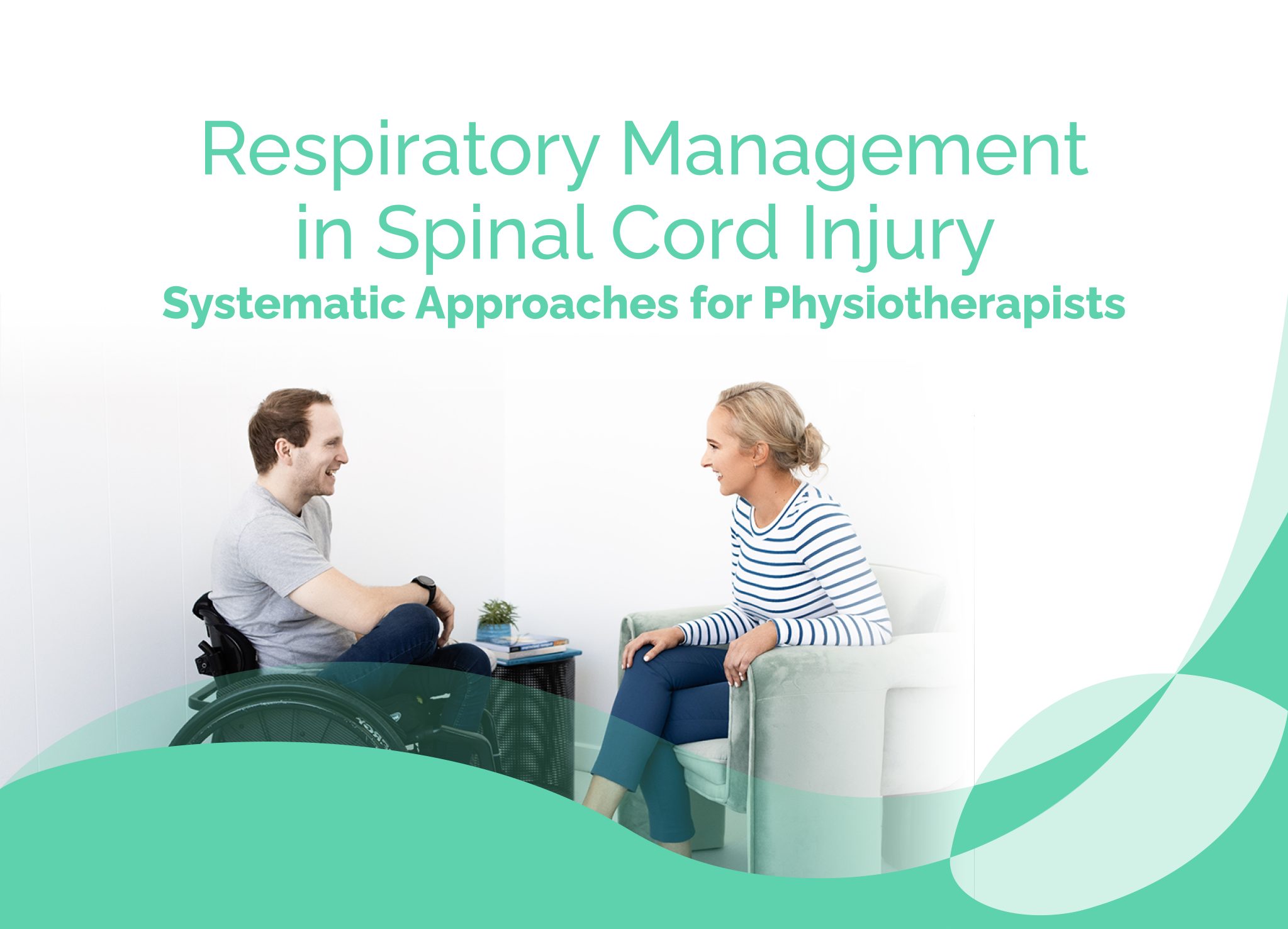

You’re invited to take part in an online course that focusses on strengthening your understanding of respiratory insufficiency in spinal cord injury whilst sparking passion, clarity and confidence.
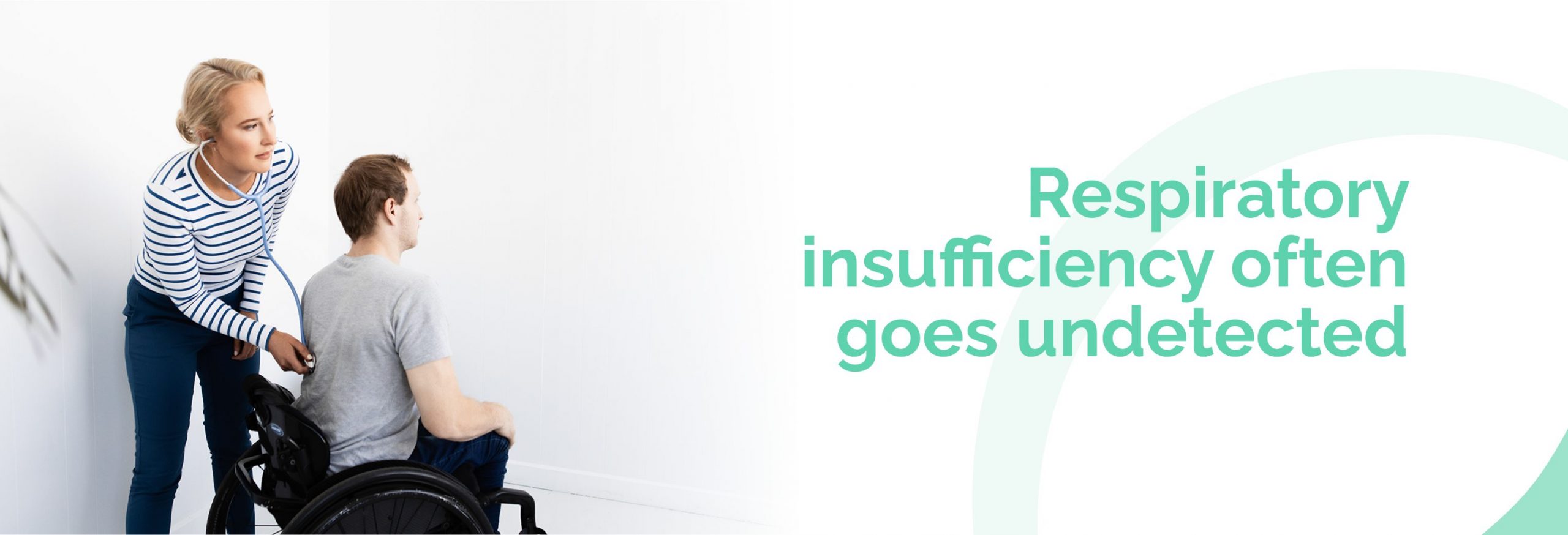
Research tells us that respiratory insufficiency and spinal cord injury commonly go hand in hand, however it often goes undetected to the untrained eye. Respiratory compromise that is inadequately assessed and managed can pose significant risk of complications.
As a physiotherapist I understand you might be facing
01
Challenges with building confidence and skills in the respiratory management of spinal cord injury. There’s lots to unpack, and strong stable mentorship is difficult to find.
02
Confusion and overwhelm when faced with challenging spinal cord injured patients, who are medically unstable or chronically struggling with respiratory compromise
03
Difficulty finding clinically translatable resources backed by the latest literature.
We all have dedicated our lives to caring for others. We are busy, pulled in many directions and despite this always reflecting and striving to be better, so that we can positively impact people’s lives. As a neuro respiratory physiotherapist who has worked in this space for 18 years, there are some overarching principles backed by the latest research and I am here to simplify it for you.
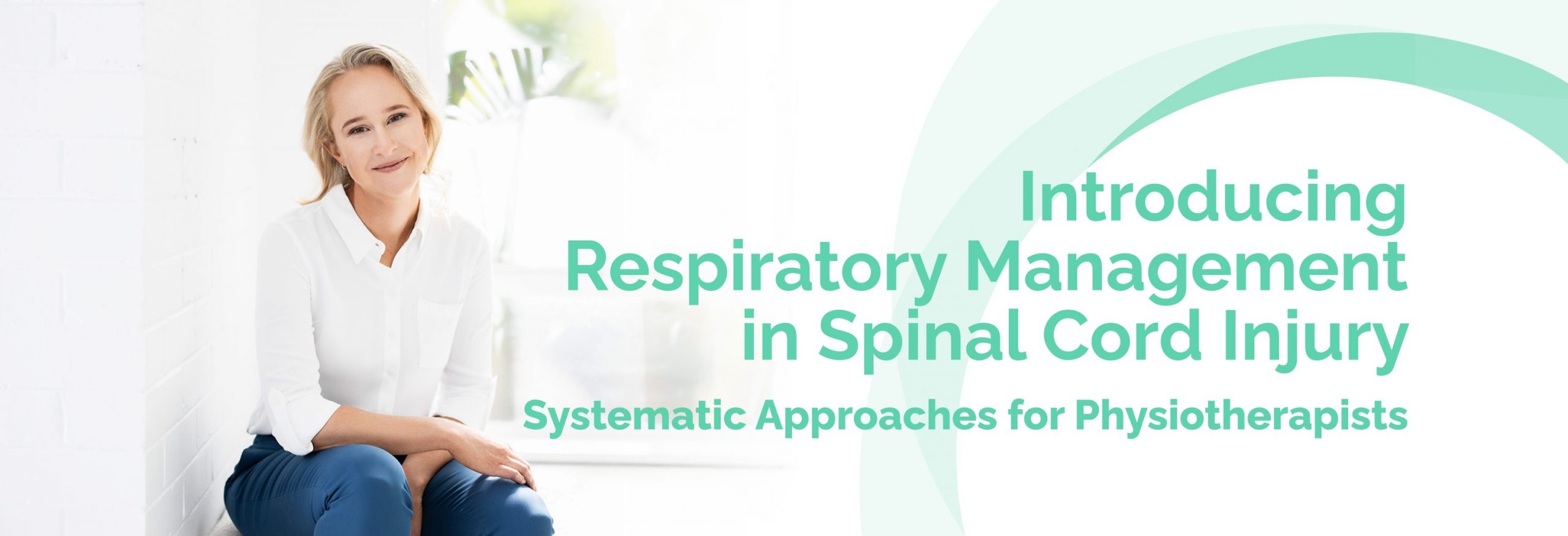
The Respiratory Management in Spinal Cord Injury course will give you
Some of the work settings applicable to this course
Intensive care unit
Whether you work in a major trauma centre or not, you are likely to encounter critically ill SCI patients
Acute hospital
Patients with SCI are often admitted under a myriad of different units – neurosurgery, orthopaedics, trauma, respiratory, general medicine and oncology
Inpatient rehabilitation
SCI patients often require a prolonged period of inpatient rehabilitation, where strategies, empowerment and education should occur to prevent future complications.
Community settings
Now more than ever it’s critical our community therapists feel equipped to assess, escalate and play a key role in preventing hospital admissions.
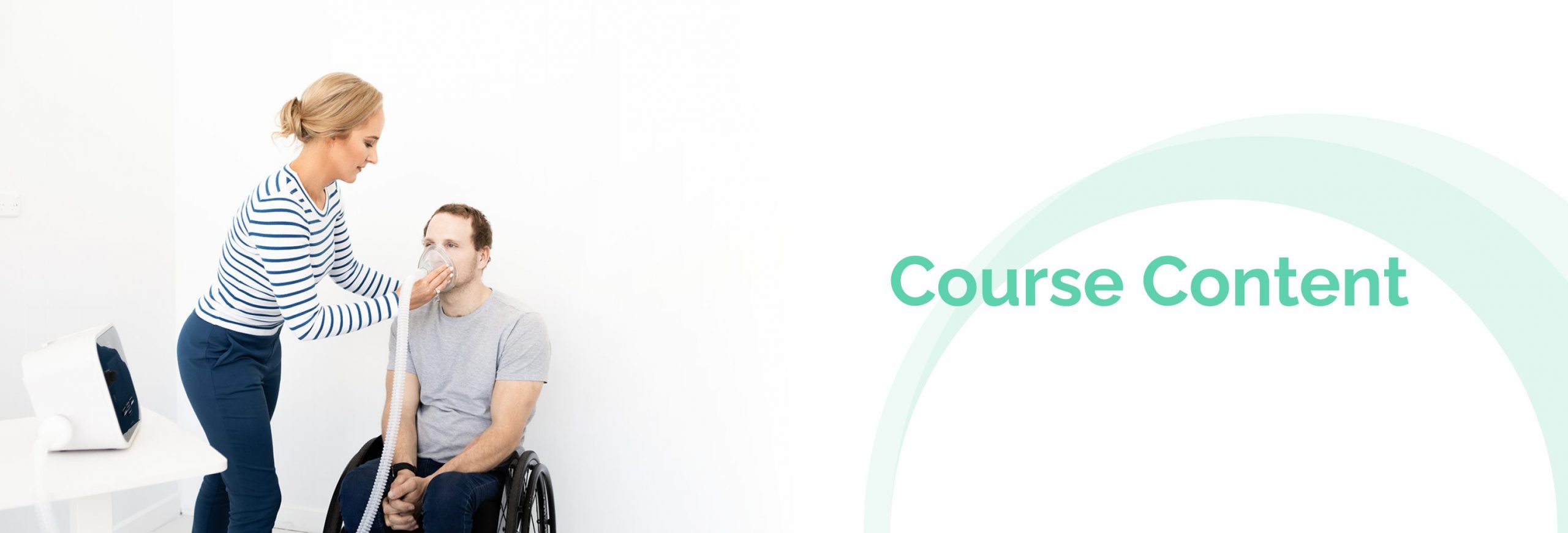
01
Foundations For Success
How to use this course to maximise learning and growth
02
Neurological Assessment
Standardise, complete and interpret a neurological assessment. Recognise common clinical syndromes and understand respiratory innervation and function
03
Respiratory Complications
Discover the 8 most common respiratory complications both acutely and subacutely, including atelectasis and pneumonia
04
Assessing and Identifying Risk
Learn the important components to a subjective and objective assessment and how to predict respiratory risk through a case study
05
Optimising Treatment Efficacy
Review the 3 over-arching treatment themes supported by the SCI Clinical Practice Guidelines – improving lung volume, improving secretion clearance and inspiratory muscle training
06
Bringing It All Together
Reflect on your past experiences, challenges and learning moments as well as future goals with the help of our case study
Welcome to Respiratory Management of Spinal Cord Injury: Systematic Approaches for Physiotherapists and the Neuro Respiratory Physiotherapy Academy!
In this module we will welcome you into the course, explain the tech, help you to plan out your time and make sure you know how to get extra support if you need it.
In this module, you will learn about the common clinical syndromes in SCI and we will hone in on how to standardise your neurological assessment, accurately complete both sensory and motor components of an American Spinal Injury Association (ASIA) assessment and interpret your findings. You will then have an opportunity to practice what you have learned by working through 4 case studies in your workbook.
Subsequently, we will take a deep dive into respiratory innervation and function, which is a commonly overlooked aspect of completing an ASIA assessment.
Lesson 1 – Common Clinical Syndromes in Spinal Cord Injury
1 Quiz with 6 questions
Lesson 2 – Standardising Your Neurological Assessment
Lesson 3 – Interpreting the ASIA
4 Quizzes with 13 questions each
Lesson 4 – Respiratory Innervation and Function
In this module there are 5 quizzes with a total of 58 questions
In this module, you will learn about all common respiratory complications encountered by SCI patients both acutely and subacutely. These include atelectasis, pneumonia, pleural effusions, haemopneumothoraces, pulmonary emboli, pulmonary contusions, acute pulmonary oedema and acute respiratory distress syndrome.
Lesson 1 – pleural effusions, HPTx and PE
Lesson 2 – pulmonary contusions, APO and ARDS
Lesson 3 – Atelectasis
Lesson 4 – Pneumonia
In this module there is 1 quiz with a total of 10 questions
In this module, you will meet our case study Riley and learn the important components to a comprehensive subjective and objective assessment. We will then explore the literature around predicting respiratory risk in SCI.
Lesson 1 – Subjective Assessment
Lesson 2 – Objective Assessment (Part 1)
1 Quiz with 6 questions
Lesson 3 – Objective Assessment (Part 2)
1 Quiz with 12 questions
Lesson 4 – Risk Prediction
In this module there are 2 quizzes with a total of 18 questions
In this module, we will explore the respiratory aspects of the recently published SCI Clinical Practice Guidelines with a particular focus on 3 over-arching evidence-based treatment themes – improving lung volume, improving secretion clearance and inspiratory muscle strengthening.
You will come away from this module feeling more confident in the implementation of effective interventions for SCI patients living with respiratory compromise. Most importantly, you will be able to consistently identify the most effective intervention for your patient based on the prioritisation of their main problem and an overall context of their presentation.
Lesson 1 – Improving Lung Volume with Positive Pressure Techniques
Lesson 2 – Improving Lung Volume with Positioning
1 Quiz with 10 questions
Lesson 3 – Effective Secretion Clearance
1 Quiz with 3 questions
Lesson 4 – Inspiratory Muscle Strengthening
In this module there are 2 quizzes with a total of 13 questions
In this module, you will hear from our case study Riley and have an opportunity to reflect on your past experiences, your challenges and most important learning moments so far as well as your future goals.
Lesson 1 – Clinical Reflections
1 Quiz with 10 questions
Lesson 2 – Feedback
1 Quiz with 13 questions
In this module there are 2 quizzes with a total of 23 questions

Valued at $1997
Right now you have a safe oppoprtunity for nurturing and enrichment, empowering you with the knowledge and confidence to provide the highest quality care to your patients with neuro respiratory disorders for…
AU$797 including GST

Enrol in our next intake and receive 5 amazing bonuses!
Handy tool to manage your time and support your success in this program (valued at $29)
ID card ready reference to support you at the bedside (valued at $397)
An easy step by step guide to help determine your spinal cord injured patient’s ASIA grade, making the assessment process more accurate, simpler and saving time (valued at $397)
Improve your decision-making around your choice of intervention in non ventilated patients (valued at $597)
Improve your decision-making around your choice of intervention in ventilated patients (valued at $597)
A total of over $2000 worth of bonuses are included if you enrol in our next intake!

"The content was great, very descriptive, included relevant topics and provided a great overview of SCI management and considerations."
"This course was comprehensive, and I feel more equipped to manage SCI patients now."
"I really liked how it used the same case study throughout the course and there were videos showing how to do certain techniques with a real patient."
"The course was thorough and evidence based – in particular I liked the case study, easy to follow module structure, the layout and content was easy to engage with and understand."
"The information was very thorough across all the lessons, and the use of a case study to assist in ‘virtual’ practical examples was fantastic."
"I liked reviewing assessment techniques and the early modules."
"For someone who doesn’t work in the acute setting the content was easy to follow and understand."
"The videos and explanations were clear, the resources were great and the step-by-step guide of some of the treatments were helpful."
"The course provided a large range of treatment techniques and education (in relation to breathing) in SCI patients."
"I liked the use of videos as demonstration."
"Content was simple to understand as it was broken down and self paced."
"I liked how easy it was to access and complete the modules around my work schedule."
"I liked the use of a real case study to put into practice the learnings, as well as going back to basics."
"I thought the use of quizzes to test knowledge was invaluable."
"The materials and list of references for each section was very beneficial for future reference."
"The case study questions were really enjoyable."
"The videos were clear, well presented and engaging."
"I liked being able to complete the course in my own time."
"Lots of relevant information was included and explained well."
"The explanation of ASIA assessments was extremely useful."
"The breakdown of the topics was logical and succinct."
"I appreciated the bonus charts and handouts."
"The course content was divided into bite sized pieces which made it easier to understand."
"My favourite part was the content and the quizzes which tested our comprehension."
"I liked the ability to go back over sections as many times as needed."
"The review of anatomy and the basics was appreciated and set a good foundation for the rest of the course."
"It flowed nicely from the background including the anatomy and common clinical presentations, through to a systematic assessment approach then through to the treatments."
"It provided me with an opportunity to refresh and think about adding this service to our service provision."
"The quizzes were helpful to consolidate knowledge."
"The videos were helpful to go through content – much more engaging than reading it from a book or website."
"The case study helped to link all the theory information."
"The course topics were clearly explained."
"There was good breakdown of topics throughout the modules."
"I really valued the summary of SCI clinical practice guidelines."
"Good amount of content and also relating everything to clinical practice."
"I appreciated reviewing neuroanatomy and physiology relevant to SCI."
"There were helpful visuals throughout the course to improve understanding."

